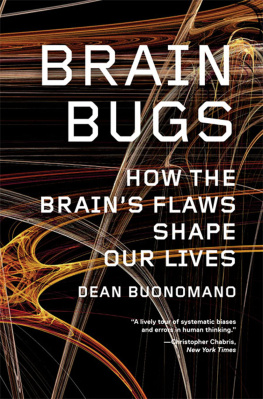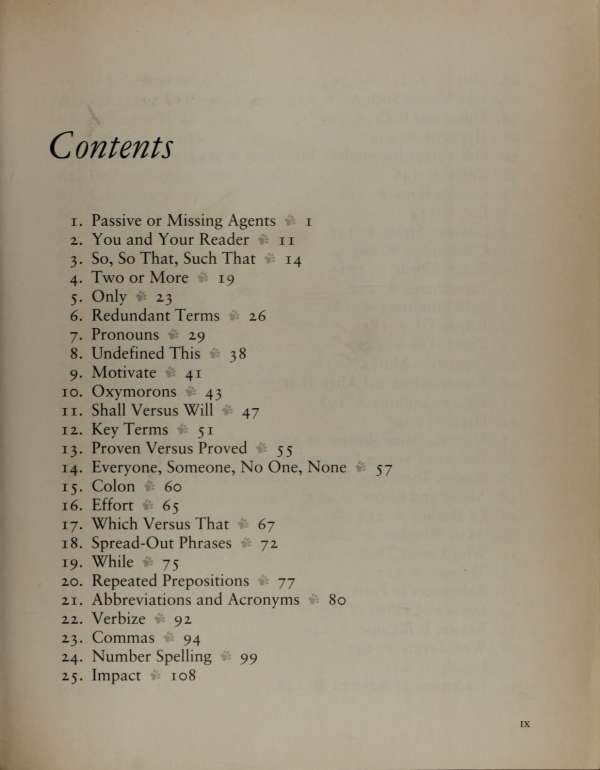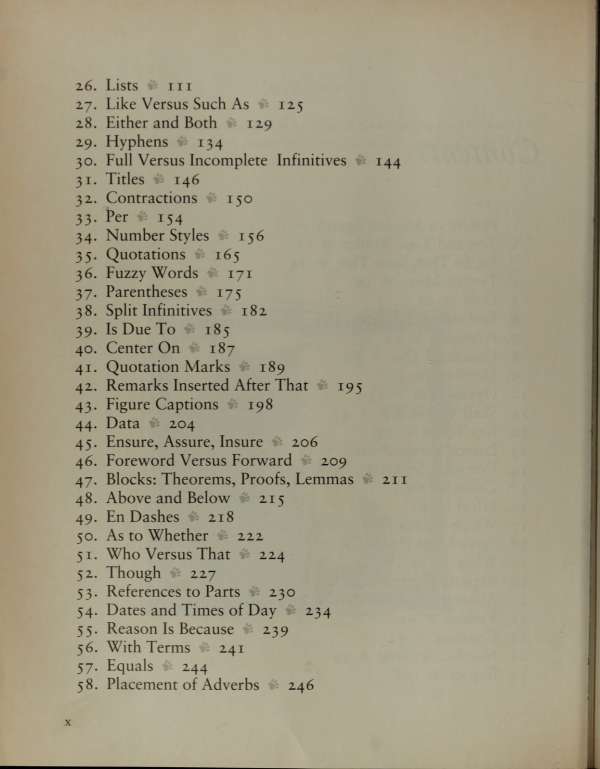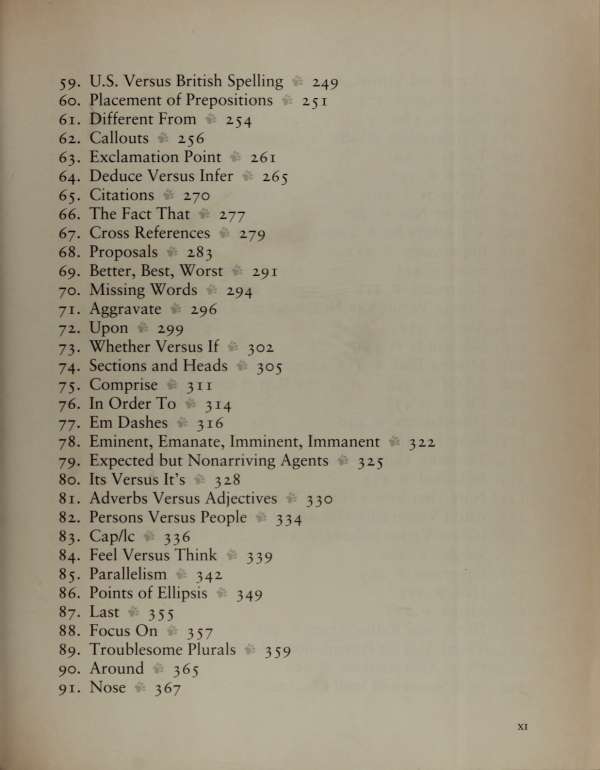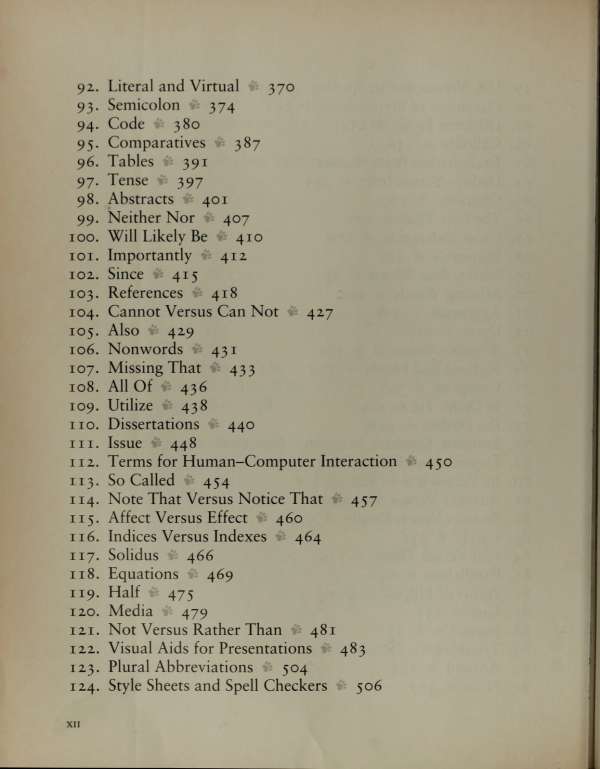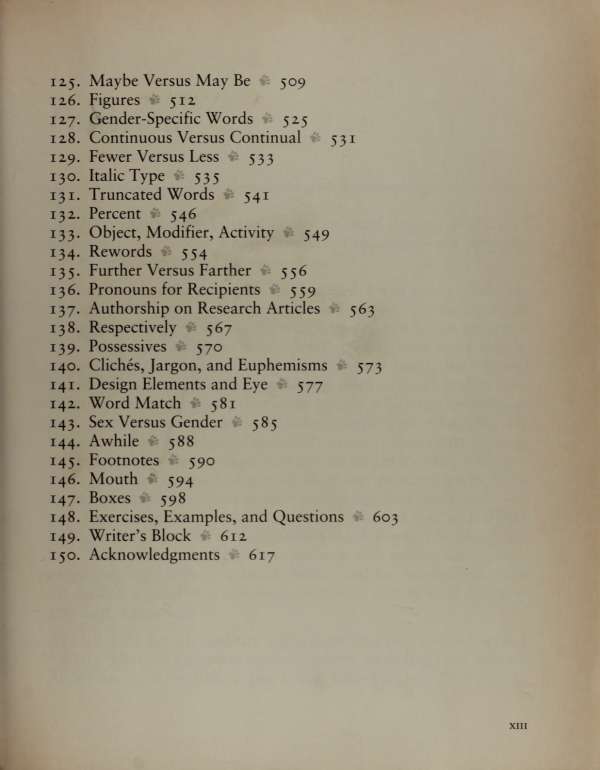This book made available by the Internet Archive.
BUGS in Writing
A Guide to Debugging Your Prose
A Catalog of Prosaic Catastrophes
Th e T e xt Engin ee ring Guide
Listening to Prose
Cataclysmic Blund e rs, Muffed Lines, and Slips of th e P e n
The Good, the Bad, and the Ugly
How to Banish Fallacious S e ntences
A Diverting Guid e to Errorfrec Prose
Error Trapping and Extermination
Dedication To Max, my transporting and transported angel.

DLicL
aimer
The possible-world actio/is and speech ascribed to the characters in this book are festal ions of the author's immoderate imagination; no relation to the blocks world is implied or intended.
mam

Foreword
JL have been publishing books for more than 15 years, yet I have never before been givennor have I requestedthe opportunity to write a foreword to one of them.
In this special case, the author and I agreed, I was a natural choice. I have worked with Lyn Dupre as closely as anyone has during much of my publishing tenure, and I am therefore as familiar as anyone is with her unique ability to help writers communicate more clearly. She has been my most valued editor, valued not simply for cleaning up other people's prose, but for helping them to develop their own effective style. Lyn holds that most people will write more lucid prose if only they can learn to listen carefully to what they are writing, and to be aware of the most common errors that a writer can make. I have seen up close how she has taught so many writers from graduate students preparing their first research paper for a journal to world-renowned authors developing their latest bookto pay closer attention to their writing. I am delighted that, with BUGS in Writing, Lyn is able to share with a much broader audience her knowledge of the language, her experience with writers across disciplines (but especially in technical fields), and her unmatched talent for making a guide to a subject so prosaic as writing style as enjoyable as it is practical.
As an editor for me and my colleagues, Lyn has worked with a "Who's Who" of computer-science authors, including Fred Brooks, Rick Cattell, Steve Feiner, Jim Foley, John Hughes, Don Knuth,
Nancy Leveson, Kirk McKusick, Carver Mead, Peter Neumann, Christos Papadimitriou, Yoh-Han Pao, Ben Shneiderman, Ted Short-liffe, Avi Silberschatz, Andy van Dam, Gio Wiederhold, Patrick Henry Winstonthe list is long! These successful authors, to be sure, are among those writers who need the least help; each had already developed a style that works. As Lyn teaches, however, every author can learn to write more effectively. And the most skilled authors are also the first people to recognize the importance of lucid writing for the aspiringor the established! scientist or other professional.
Lyn has also worked closely over the years with scores of university students and faculty members. With graduate students in Ted Short-liffe's program at Stanford University, in Carver Mead's laboratory at the California Institute of Technology, and in other academic institutions around the country, she shaped and refined her techniques for helping would-be (and must-be!) writers. Correcting her students, instructing them, getting them ultimately to produce their own highest-quality results, she had a direct influenceanyone who has spent a moment with Lyn would never say "impact"on their professional writing. Papers, theses, and proposals were never done until, as their writers said, they had been "Lynified." In the process, the editor was herself edified: Seeing the same mistakes made over and over, yet knowing that her clientele possessed fine minds and keen wits, Lyn devised the principles of lucid writing that have now been collected into this one handy guide.
I have often been impressed by Lyn's ability to teach good writing through her editingan ability reflected on heavily marked manuscript pages, in spirited e-mail exchanges, in lectures and conversations. With BUGS in Writing, I find that the teacher and editor can herself write! In 150 short segments, each of which can be read and absorbed in a brief sitting (or standing, for that matter, if you are an urban commuter), she has boiled English down to the essence of
what every (scientific) writer needs to know to write clear and effective prose. Amazingly, with a collection of offbeat examples sometimes clever, often hilarious she has managed to write a book about language that is fun to read! But if the examples in BUGS in Writing are funny, the instruction that they provide is decidedly practical. I personally hope that legions of new writers will find, as I have, that the good habits spread by B UGS in Writing are, like the author's own style, infectious.
Peter S. Gordon
Publishing Partner
Addison-Wesley Publishing Company, Inc.
Reading, Massachusetts
September 1994
Read Me: Ear
^JJiven that you are reading this page, I assume that you want to know how to write well. Given that you have that desire, I assume that you already know a considerable amount about writing. Any person who pays attention to, and thinks about, the techniques of good writing already has the necessary basis for developing ear/ Ear is the ability to hear whether a given word order, sentence, or term is correct.
The simplest way to improve your expository writing substantially is to learn to avoid a limited set of extremely common errors. Because these errors are endemic in scientific literature, they sneak into the prose of even extremely bright people who write well. You probably have become so used to seeing them that you do not immediately recognize that they are problematic.
My purpose in this book is to teach you to recognize common errors instantly by describing as clearly and simply as possible what those errors are. My intention is to convey to you the basic principles of good writing, and thus to help you to develop ear, without subjecting you to the pain and boredom of absorbing the voluminous body of formal and technical knowledge on the English language. I aim to present information in a form such that you will read because the

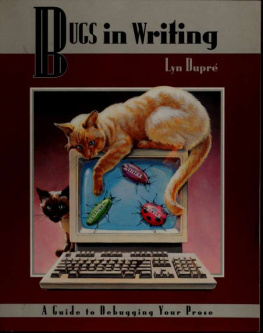




![Tarik Soulami - Inside Windows debugging: [practical debugging and tracing strategies]](/uploads/posts/book/240776/thumbs/tarik-soulami-inside-windows-debugging.jpg)
